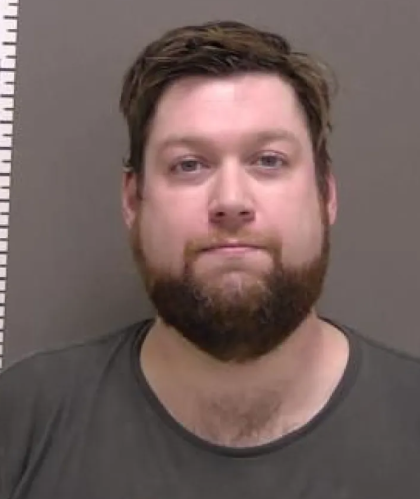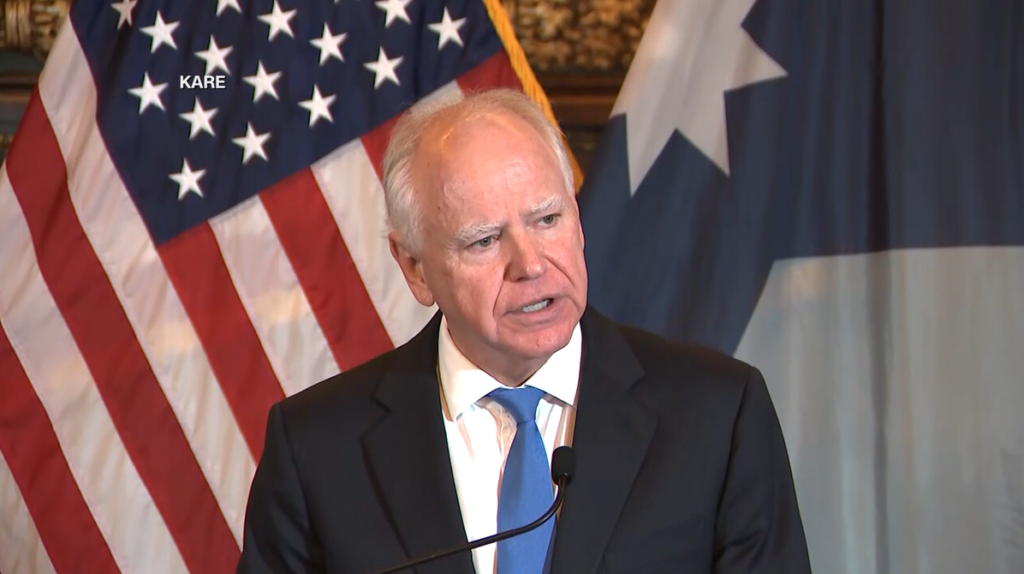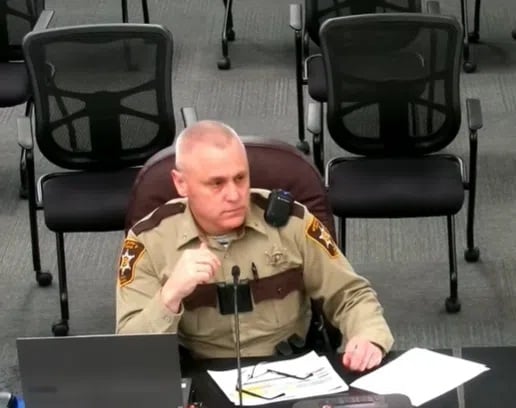Hitting Back Against Heroin: Part 2
We’ve met some of the women who say their lives were saved by the groundbreaking new Moms program on the White Earth reservation.
The program was launched last year, to hit back against heroin in the lives of pregnant women and the fetuses they’re carrying.
But just saving women’s lives isn’t the answer, and not every life can be saved.
Calm, sweet, and refreshed from a nap (“Yeah. He’s very cool,” agrees his mother, Lacy Armstrong), Donovan Junior is pretty laid back for a baby.
That may because of all he’s survived, at just six months old.
“Guilt and shame. To this day I’m still forgiving myself,” Armstrong continues.
Armstrong came home to White Earth to leave an old boyfriend and her own habit behind.
“I was going to aftercare, kept relapsing, kept relapsing. My dad was sick. Alive at the time. I didn’t want to leave my family.”
But when she got here – heroin found her…and she found out she was pregnant.
“They said, we’ll give you medicine to stop the cravings,” said Armstrong, of the MOMS program.
The program includes mental health care, homeless outreach, transportation, an on–site nurse, spiritual practice — pretty much one–stop shopping for a broad spectrum of needs for the clients, all in one location. But the people here say the biggest thing that it’s given them is a sense of connection, family and community.
“I’d bring her here every day, wait outside. 3 weeks. She come outside, tells me, they’re thinking about letting the dads in too,” said Donovan Burnette, Armstrong’s partner.
Donovan Junior’s dad was there for Lacy in the beginning.
But soon, it was clear what worked for her, might not work for him.
“I came in here, would take my dose. Sober a few days, relapse. Start all over again,” Burnette said.
“It’s a family battle. I just lost my sister to heroin. She was five months pregnant, too. She never wanted to be that way. They don’t want to be addicts,” said Curtis Rogers, a new hire in community outreach with the White Earth police department.
Curtis Rogers joined the White Earth police department to build more programs like the MOMS program.
His sister’s addiction started a lot like Lacy’s – but finally, it took her someplace her family couldn’t follow.
“You try to help. You can’t push them away, because you don’t want your sister, your daughter in the streets. But you take them in and they steal from you. It’s a really difficult thing,” said Rogers.
For awhile, it looked like Donovan’s dad might not make it, especially when their son was born with withdrawal symptoms.
But that’s when things started to change.
“It did. At first I wasn’t taking the program serious. But then I got kicked out, and I wanted the program to work,” Burnette said, looking down at the baby on his lap.
Donovan Junior coos. “His first words were DaDa.”
And when they look at him today, they know this second shot at life is the first step in the right direction.
“By the time we get back and dose, it’s time to go to group. I love being a Dad,” Burnette said.
“So is he your second chance? To get sober?” I asked.
“Yeah, I would say so. Try to make make things better, try to make a sober life. Yeah.”
Twin Cities activists are studying the MOMS program to see if they can launch their own version in Minneapolis St. Paul.
If someone you love is abusing heroin or prescription opiates, there are a lot of places that can help. You can start with these links:






